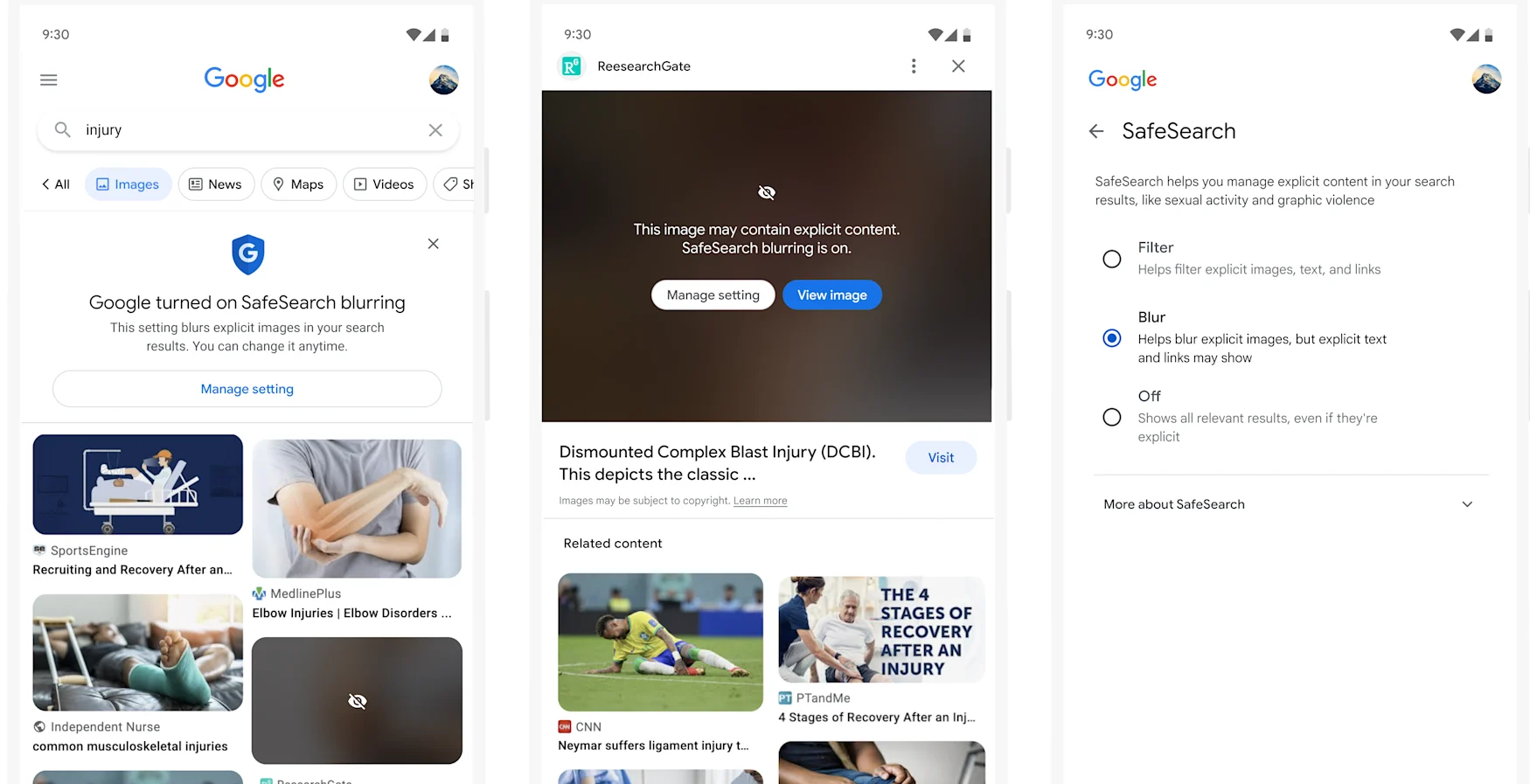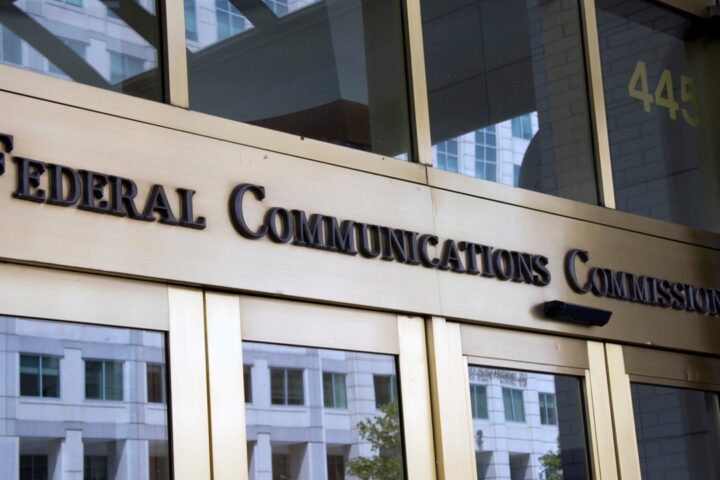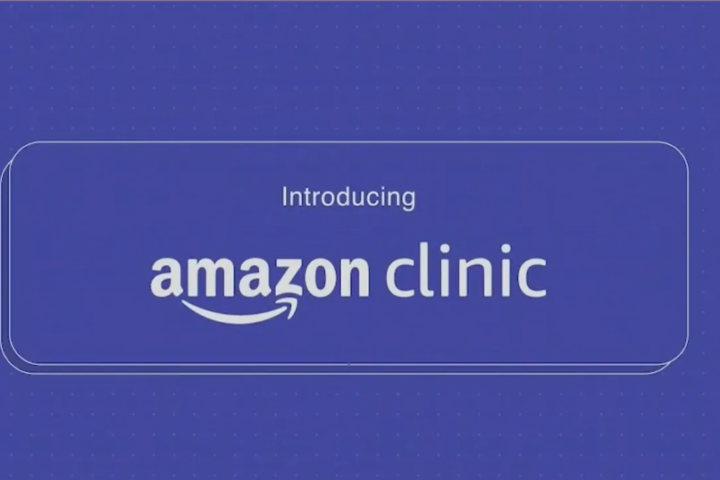Google announced several Search updates to make it easier to control personal information in results. The company improved the “results about you” tool.

Google announced several Search enhancements to help users manage their search results information. Last year, the company released a tool to help remove search results with phone numbers, home addresses, and email addresses. Now, the company has enhanced the effectiveness of the “results about you” tool.
A new dashboard will notify you when such personal information appears in Search in the coming days. When you receive an alert, you can quickly request that Google remove those results.
This year, the company debuted a Google One feature to search the dark web to determine if your data has been compromised. This update to “results about you” appears to function similarly.
The fact that it proactively identifies results that contain your personal information and assists you in removing them should make it simpler to protect your privacy.
You can access the tool by tapping your profile photo and choosing “results about you” through the Google app or a website the business has developed. Google plans to offer the tool in other languages and regions shortly. Currently, it is available in the United States in English.
Google Now Allows You Choose Your Image Display
Google is updating a system that assists users in removing explicit images of themselves. People have long had the option to request the removal of non-consensual detailed photos from search results. This policy is now being expanded to include consenting imagery.
You may have uploaded explicit content of yourself to a website but have since changed your mind. Suppose you delete the images from that website. In that case, you can now request Google to remove them from search results if someone else has published them without your permission. The organization notes that the policy does not apply to any content you monetize.
It is not uncommon for owners of explicit imagery websites to report content from elsewhere. Removing such content from Google Search results will not eradicate it from the web. Still, it may make it more challenging to locate. You can begin by searching “request removals” in the Google help center.
In addition, Google is implementing updates to parental controls and SafeSearch. This month, Google will automatically blur explicit imagery (which it defines as adult or violently graphic content) in search results, a change announced earlier this year. You can disable SafeSearch blurring from your account settings unless a school network administrator or a parent has locked the location.
Finally, parental controls will now be much easier to access from Search. If you enter a query such as “Google parental controls” or “Google family link,” you will see a box with instructions on adjusting the settings.







